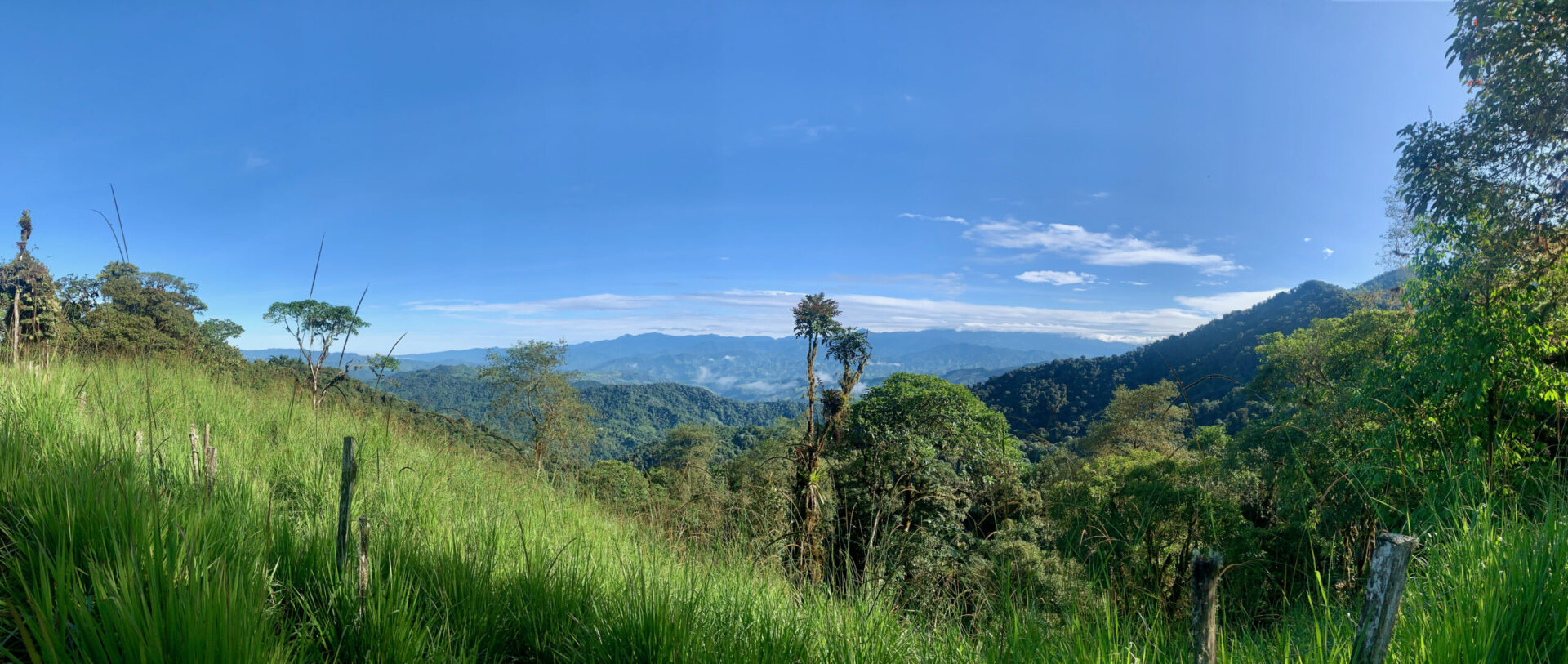
Rights of Nature in Ecuador
My recent work in Ecuador is another example of the value of both inter-disciplinarity and local partnerships in trying to support environmental protection.
Paraecologists for the Rights of Nature
In collaboration with colleagues in Life Sciences at the University of Sussex this work has centred on the recent global precedent set by Ecuador as the first nation to apply ‘Rights of Nature’ (RoN) laws to protect forests from mining activity. Consequently, a flood of RoN cases within Ecuador are expected, all requiring ecological data in judicial hearings.
Led by Prof. Mika Peck the project, ‘Paraecologists for the ‘Rights of Nature’: Addressing the climate and biodiversity emergencies,’ brought together RoN legal practitioners, NGOs, and academics to establish a paraecologist/RoN network to generate information required to defend protected areas and indigenous territories through ‘Rights of Nature’ legislation.
The project has also supported the setting up of the Community Interest Company ecoforensic.org to continue and expand the work to empower communities and ecosystems.
Sustainable Rural Livelihoods
Building on the University of Sussex’s longterm partnership with the Santa Lucía Cloud Forest Reserve, I have also been involved in projects in Ecuador looking at supporting sustainable rural livelihoods. This has centred on exploring alternative economic opportunities including from forest products and ecotourism. A recent example of this was the project Sustainable livelihoods, carbon storage, and biodiversity conservation through forest vanilla production. Led by Prof. Fiona Matthews and working in partnership with the Cambugán Foundation and five communities surrounding Santa Lucía, the research explored the potential of vanilla cultivation as a crop that could be grown in forest ecosystems while providing high economic returns.
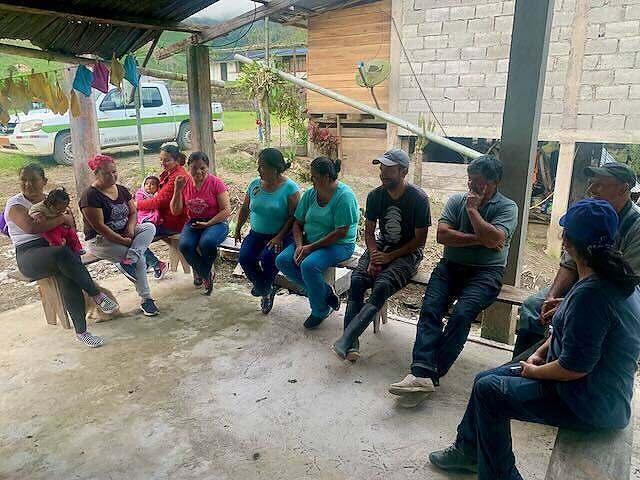
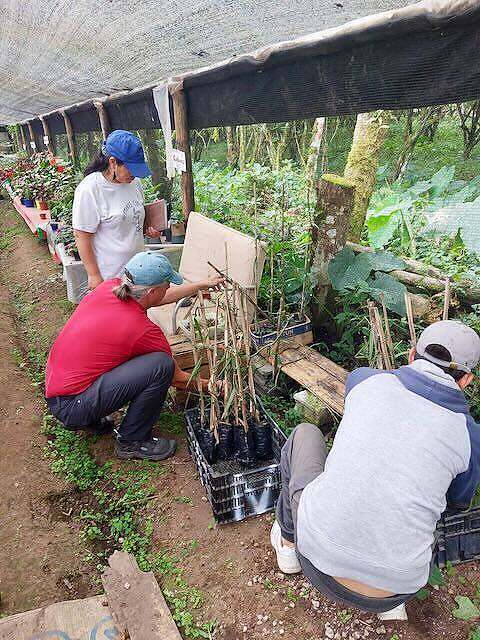
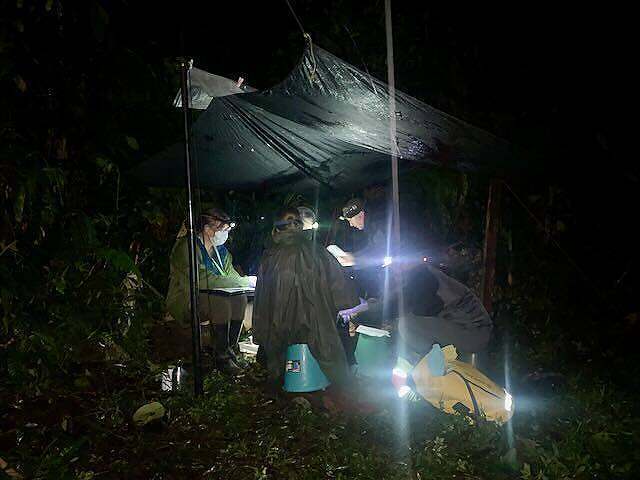
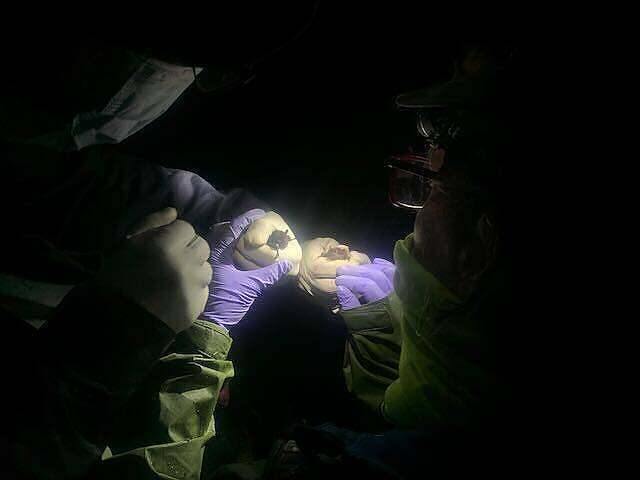
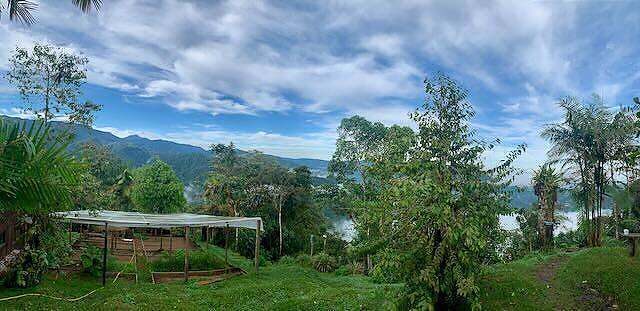
Relevant Publications
Carmenta, Rachel et al. (incl. Evan Killick). 2023. Connected Conservation: Rethinking conservation for a telecoupled world. Biological Conservation. 282 (2023).
